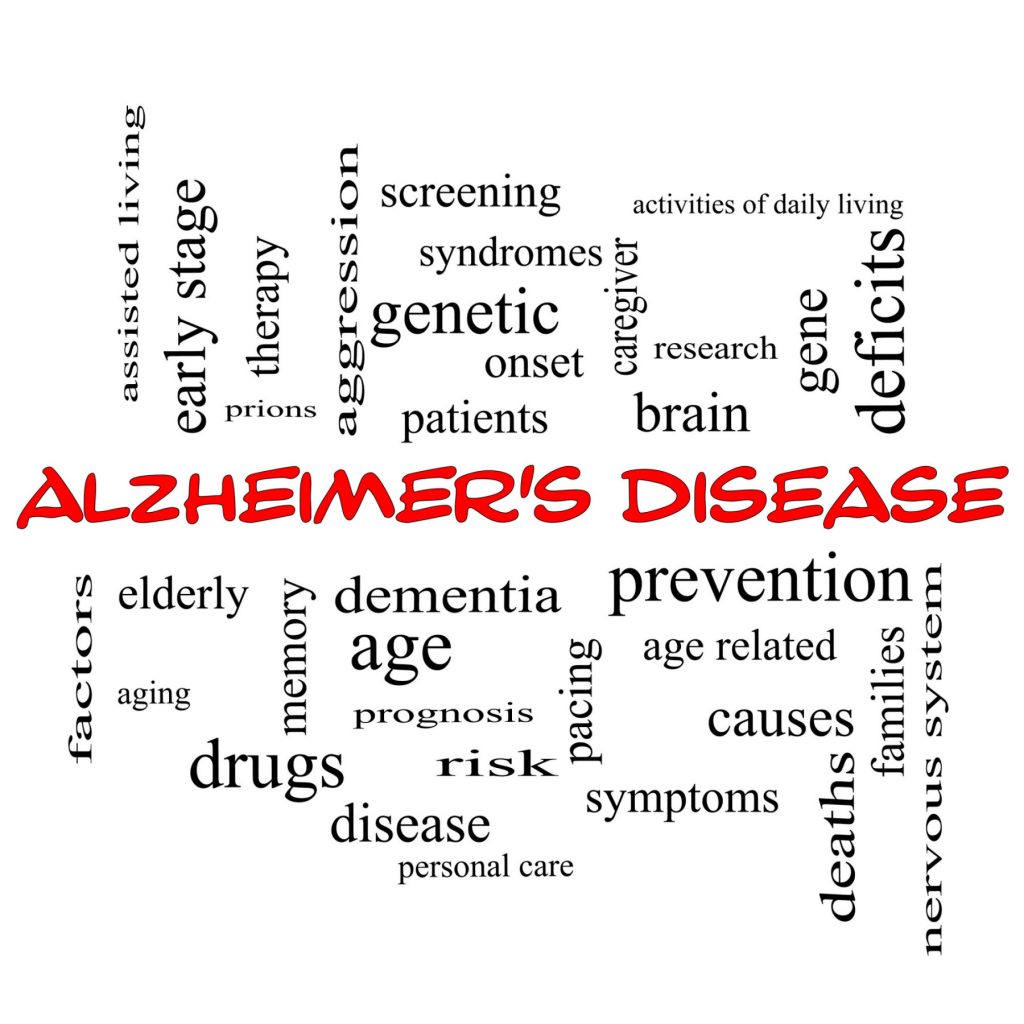Amyotrophic lateral sclerosis
Amyotrophic lateral sclerosis (ALS) Explained Amyotrophic lateral sclerosis, or ALS, affects nerve cells in the spinal cord and brain. It is a progressive neurodegenerative disease. Neurodegenerative is a big word which means the nerves are slowly dying. Amyotrophic, when broken down, literally means no muscle nourishment. If a muscle does not get the nourishment it …



